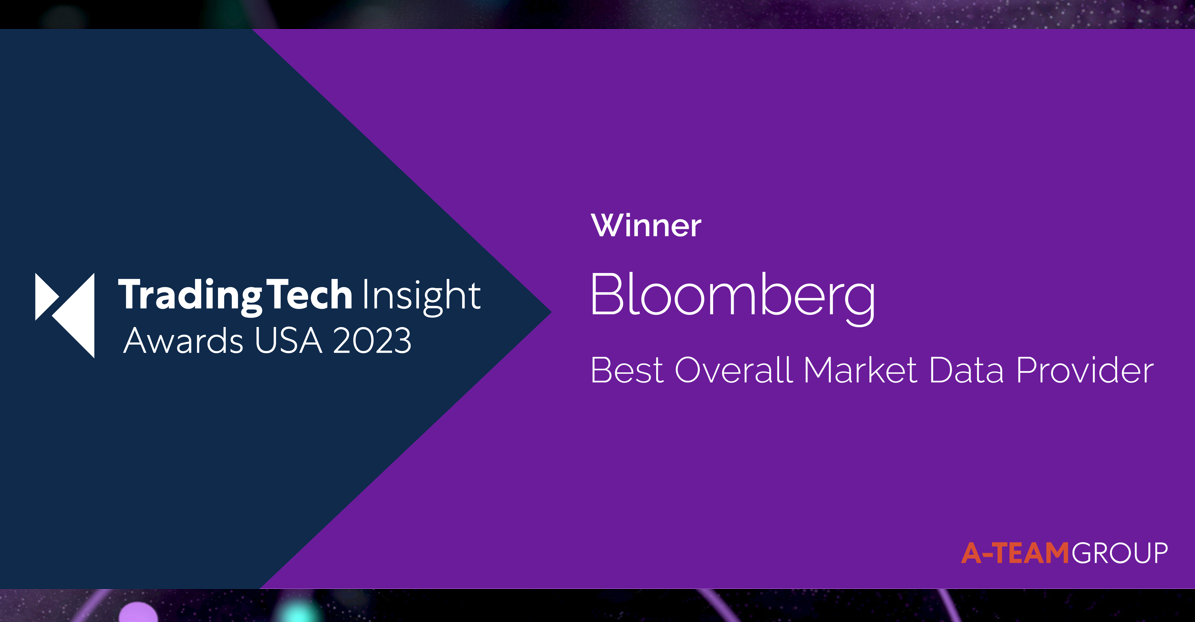Why Your Service Should Take Into Consideration a Managed Database Provider
Why Your Service Should Take Into Consideration a Managed Database Provider
Blog Article
Key Features to Look for When Choosing a Database Supplier
Choosing a data source service provider is a crucial decision that can dramatically affect your organization's information and operations management method. Amongst the important features to think about are scalability alternatives, which ensure that your system can adapt to growing needs.
Scalability Options
When choosing a database supplier, comprehending scalability options is crucial to ensuring that the chosen remedy can suit future growth. Scalability describes the capacity of a database system to expand its ability and efficiency in response to enhanced need. There are two main kinds of scalability: horizontal and vertical.
Vertical scalability, or "scaling up," involves improving a single web server's sources, such as CPU, RAM, or storage space. This method can be straightforward and cost-efficient for smaller applications yet may reach a restriction where further upgrades are as well costly or not practical.
Horizontal scalability, or "scaling out," entails adding a lot more servers to distribute the load. This strategy enables for greater versatility and can fit significant rises in information volume and customer web traffic (database provider). It is especially useful for cloud-based database services that can dynamically allot resources based on need

Safety And Security Steps

When assessing safety measures, think about the implementation of file encryption procedures (database provider). Data-at-rest and data-in-transit encryption are vital to guarantee that sensitive details stays protected, even in the event of a safety breach. Furthermore, look for service providers that use solid verification devices, such as multi-factor authentication (MFA), to additionally improve accessibility control
Routine safety and security audits and conformity with sector standards, such as GDPR or HIPAA, are indicative of a company's commitment to data defense. In addition, inquire regarding their case response plan; a durable plan can lessen the effect of any type of prospective safety and security incident.
Efficiency Metrics
Assessing performance metrics is essential for companies to make certain that their picked data source provider satisfies functional demands. Secret performance metrics consist of response scalability, throughput, and time, which collectively identify the effectiveness of data source procedures under differing lots.
Response time is crucial, as it reflects just how promptly the data source can refine inquiries and return outcomes. Organizations needs to seek metrics that show ordinary feedback times during optimal and off-peak hours. Throughput, often gauged in transactions per second (TPS), offers insight into the data source's capability to deal with high volumes of demands without efficiency destruction.
Scalability examines the database's ability to grow with the company's requirements. A robust data source service provider should demonstrate horizontal and upright scaling capabilities, permitting smooth changes as needs change. Additionally, comprehending latency, specifically in distributed systems, can assist companies evaluate the responsiveness of the data source throughout various geographical locations.
Customer Assistance
Reputable client assistance is a cornerstone of efficient database monitoring, providing companies with the support required to optimize and settle problems efficiency. When selecting a database copyright, assessing the degree of consumer support they use is important. A durable websites support group need to consist of several networks of communication, such as phone, e-mail, and live chat, making sure that individuals can access aid whenever they need it.
Furthermore, receptive assistance teams that are readily available 24/7 substantially enhance the integrity of the database service. Prompt response times and reliable resolution of concerns can significantly minimize downtime and boost overall efficiency. It is additionally advantageous to consider the schedule of committed assistance personnel, that can supply customized help based upon a company's specific demands.

Rates Structure
When considering a data source supplier, the pricing structure is a pivotal aspect that can dramatically affect a company's budget plan and general strategy. A transparent and versatile pricing model is important for straightening the data source sets you back with business needs - database provider. Organizations ought to assess whether the rates is based upon usage, per individual, or a flat rate, as each model can yield various monetary implications gradually
It is essential to examine any type of added expenses related to the supplier's services, such as data storage space charges, transaction prices, and support costs. Some companies might use tiered prices, permitting scalability as the company expands, while others could impose rigorous limits that can end up being pricey as information requirements increase.
In addition, companies need to think about the long-term value of the database remedy. While lower initial rates can be appealing, wikipedia reference they may not represent future upgrades, upkeep charges, or assimilation expenses. Performing a detailed cost-benefit evaluation will certainly aid determine the most appropriate pricing structure that stabilizes scalability, support, and efficiency, inevitably making certain that the chosen data source company aligns with the organization's functional and monetary objectives.
Verdict
In conclusion, selecting a data source service provider demands cautious factor to consider of different essential attributes. Reviewing performance metrics enables the recognition of reliable databases, and accessible consumer support enhances the total customer experience.
Selecting a database company is a crucial choice that can substantially affect your organization's data and procedures administration approach.When choosing a database copyright, comprehending scalability alternatives is vital to making sure that the chosen service can suit future growth. When Read Full Article choosing a data source service provider, reviewing the degree of customer assistance they supply is important.When taking into consideration a data source company, the prices framework is a pivotal element that can substantially impact an organization's budget plan and general strategy. Carrying out a detailed cost-benefit evaluation will assist determine the most appropriate rates framework that stabilizes support, performance, and scalability, inevitably making certain that the picked database copyright aligns with the company's economic and functional objectives.
Report this page